Step-by-step guide: How Russia is losing friends The example of Azerbaijan — and not only
In recent months, Russian foreign policy has increasingly shown signs of a systemic crisis. The escalation of a confrontational course, attempts to maintain influence by methods that do not correspond to the changed international and regional reality, are leading to a deterioration of relations with its closest neighbours. One vivid example of this process is the growing tension in relations between Moscow and Baku.
For the past three decades, Russia has sought to position itself as the key mediator in the Karabakh conflict settlement, and Azerbaijan was considered an important partner in the South Caucasus region. However, after the end of the Second Karabakh War and the subsequent strengthening of Baku’s position, Russian policy in the region began to contradict the new realities. Essentially, Moscow failed to take into account strategic changes — the restoration of Azerbaijan’s territorial integrity combined with the growth of Baku’s international agency.
To be frank, if the tragedy with the Azerbaijan Airlines (AZAL) plane, the subsequent cyberattacks on Azerbaijani information resources, and the mass detentions of Azerbaijanis in Yekaterinburg and other Russian cities, accompanied by torture and murders, had occurred thirty years ago, Baku would likely have had to remain silent or limit itself to a diplomatic note due to a lack of international weight. The early 1990s were a time when Azerbaijan had just begun restoring its independence, struggling with internal chaos, Armenian aggression, and economic collapse. At that time, the republic’s foreign policy was more forced and situational than strategically deliberate. Azerbaijan reacted to challenges rather than shaping the agenda.
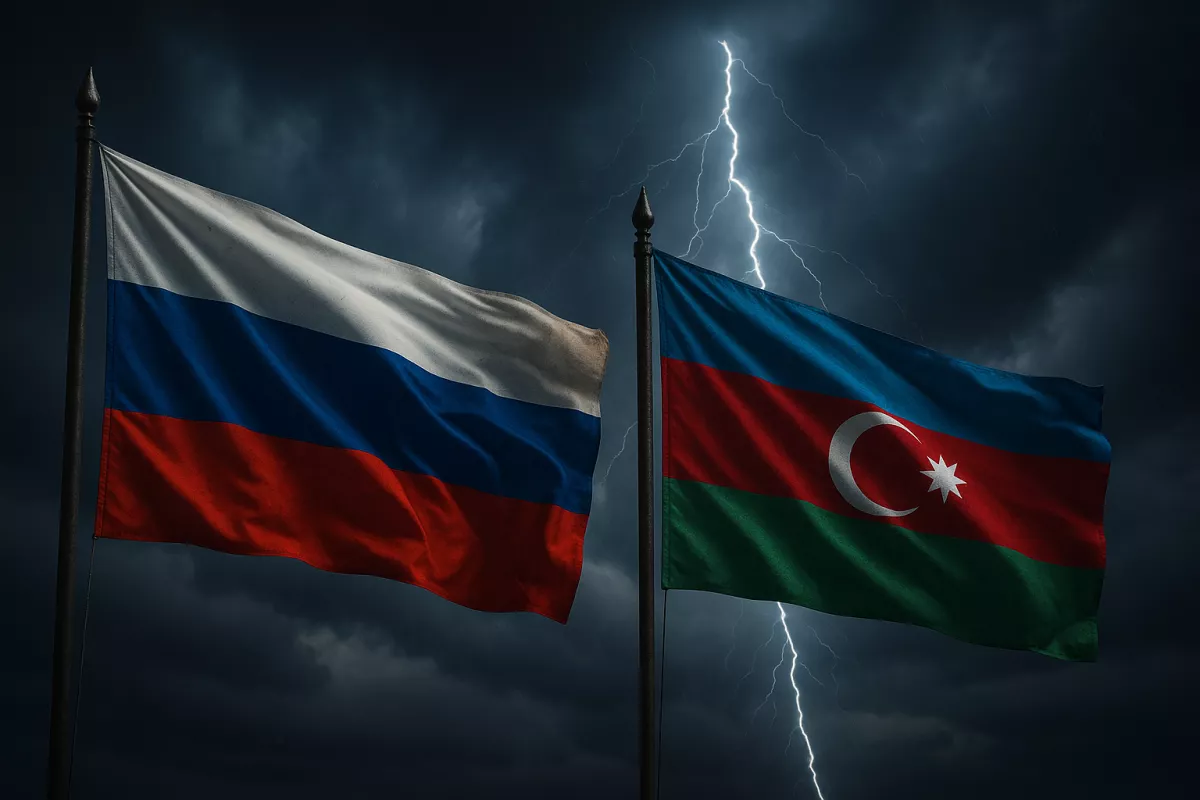
Today, the situation is different. Azerbaijan is a country with stable institutions, a strong army, and growing economic influence. Baku is no longer just an observer in the Caucasus — it has become one of its architects. Therefore, it can afford to take a tough and principled stance when it comes to protecting its citizens, national dignity, and sovereignty. Silence is no longer the only possible choice.
Against the backdrop of Baku’s justified response to Moscow’s provocations, so-called Z-patriots like Yuri Podolyak, who lack sufficient professional knowledge about the region, hastily labelled Azerbaijan as a geopolitical adversary of Russia. However, there are also experts like Arkady Dubnov, who specialise in the Commonwealth of Independent States (CIS) and have a more sober and pragmatic view of the situation. In an interview with the news site RBC, Dubnov stated bluntly, quote: “Azerbaijan today is much more important for Russia than Russia is for Azerbaijan. It is an influential regional power. It is mistaken to think that its strength lies in being supported by Türkiye. On the contrary, today we see that Ankara can already consider Baku its ally.”
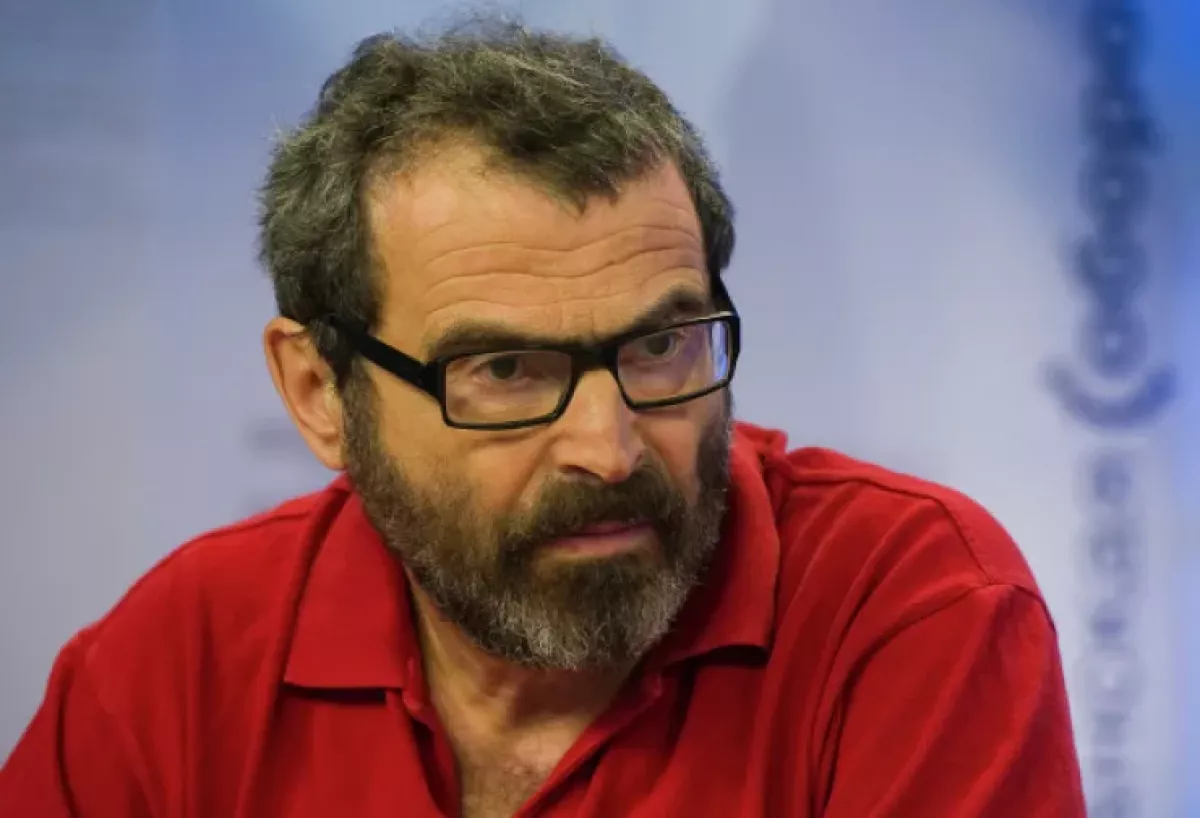
At the same time, it must be noted that Azerbaijan, without reducing its level of interaction with Russia, has indeed managed to strengthen military-political cooperation with Türkiye and has reinforced partnerships with the European Union, China, and Central Asian countries.
Russia, despite historical, cultural, and economic ties, has found itself pushed out of key positions — not as a result of external pressure, but due to its own shortsighted policies.
It is becoming increasingly obvious that Russia’s overall global position is weakening. Its international isolation, sanctions pressure, worsening business and diplomatic reputation, and above all — strategic inability to adapt to the new multipolar system of coordinates — are undermining the former foundations of Russian foreign policy influence. Even traditional partners are behaving more cautiously, preferring a multivector approach rather than dependence on a single centre of influence.
All these processes raise fundamental questions: "What is happening to Russia as an international actor?" and "Why does a country with rich foreign policy experience, vast resources, and a unique geopolitical position consistently lose influence and trust?" It is clear that the answer lies not only in tactical mistakes but also in the deep-rooted inertia of political thinking and the inability to develop a modern, pragmatic, and respectful strategy toward its neighbours.
Russia has traditionally taken a destructive stance toward the states that emerged or regained independence after the collapse of the USSR — instead of welcoming their economic growth and prosperity, it seeks to weaken them, make them dependent, controllable, and impoverished. This position is a strategic error. Strong and wealthy neighbours are not a threat but an opportunity. Mutual trade, cooperation in technology, and stable markets could make Russia itself richer. Yet, instead of economic partnership, Russia has chosen a path of control through vulnerability, which ultimately leads to isolation, distrust, and loss of influence. Where bridges could be built, Russia prefers to dig trenches.
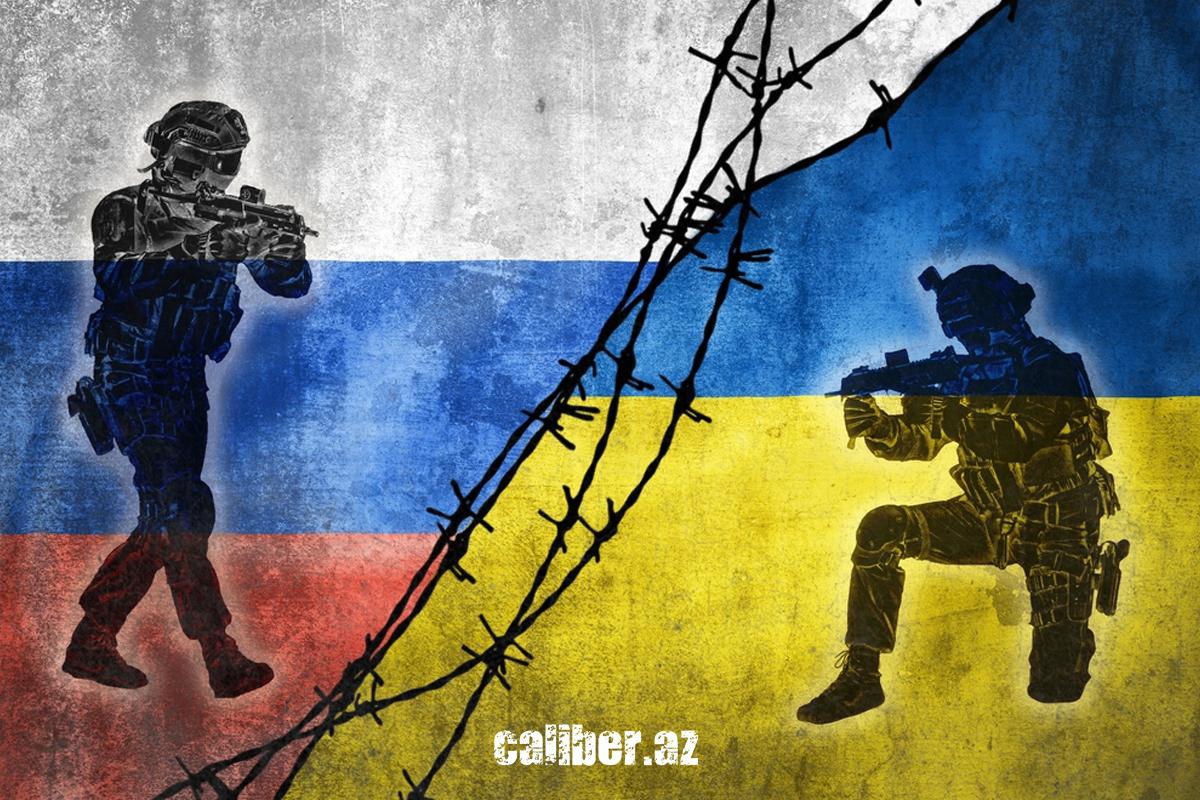
The deep causes of the systemic crisis also lie within Russian society itself — in the transformation of its ideology, public discourse, and attitude toward its own citizens of "non-Slavic" origin. These internal processes directly impact foreign policy failures. Let’s examine this in more detail.
Until recently, Moscow’s official rhetoric actively used the word "rossiyane" (россияне) — a universal term uniting people of different nationalities living in a multinational state. Today, this word is used less frequently and tends to disappear from the public sphere. It has been replaced by the word "russkiye" (русские) in the national-ethnic sense. This is not merely a linguistic shift but an indicator of a move toward ethnocentrism.
Such a transition changes the very foundation of the country’s perception: Russia is no longer a multiethnic union of peoples but the "land of the Russians," where all others are seen as guests. This approach, of course, is unacceptable for the republics of the North Caucasus, the Volga region, Siberia — and indeed for any part of a multinational state where tens of millions identify differently.
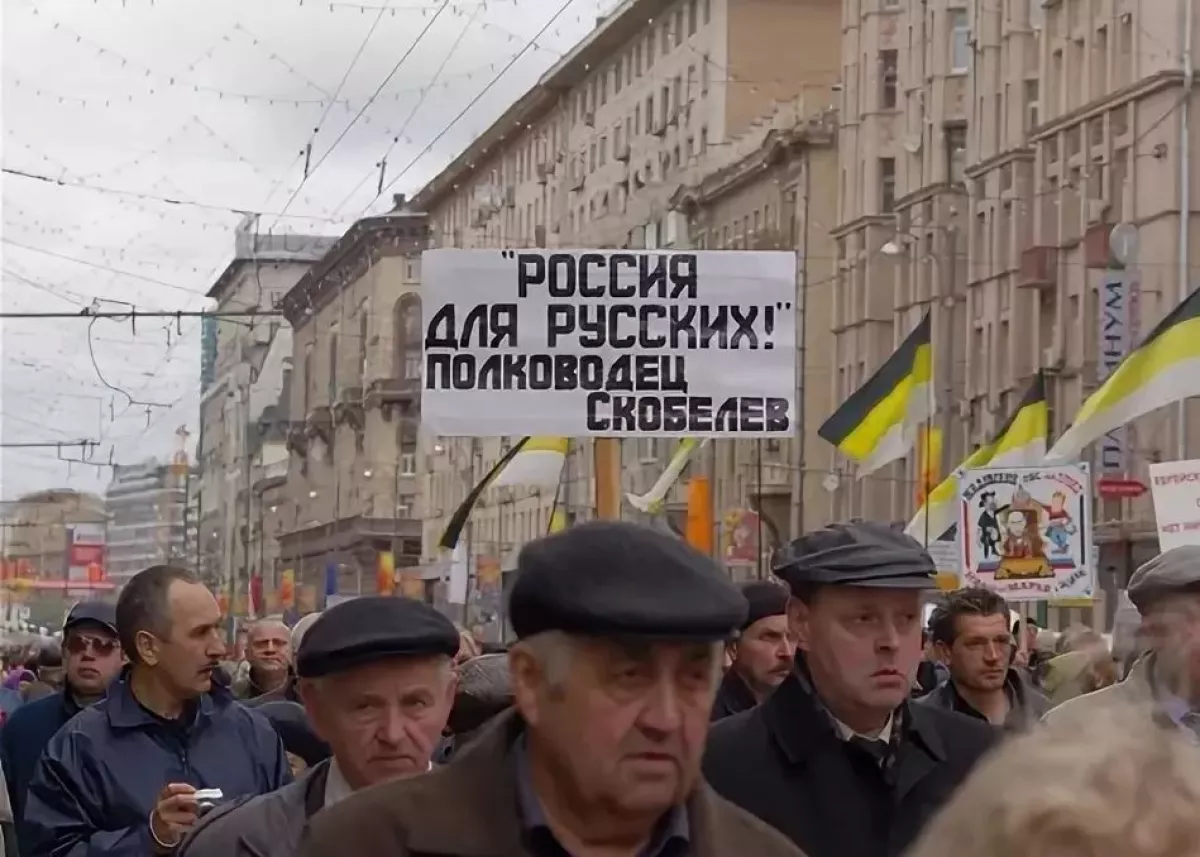
In his speech on November 28, 2023, at the session of the World Russian People's Council, Vladimir Putin emphasised that "without the Russians as an ethnicity, without the Russian people, there is no and cannot be a Russian world or Russia itself. Russians are more than just a nationality. This has always been the case in the history of our country. It is also a cultural, spiritual, and historical identity," the Russian president explained.
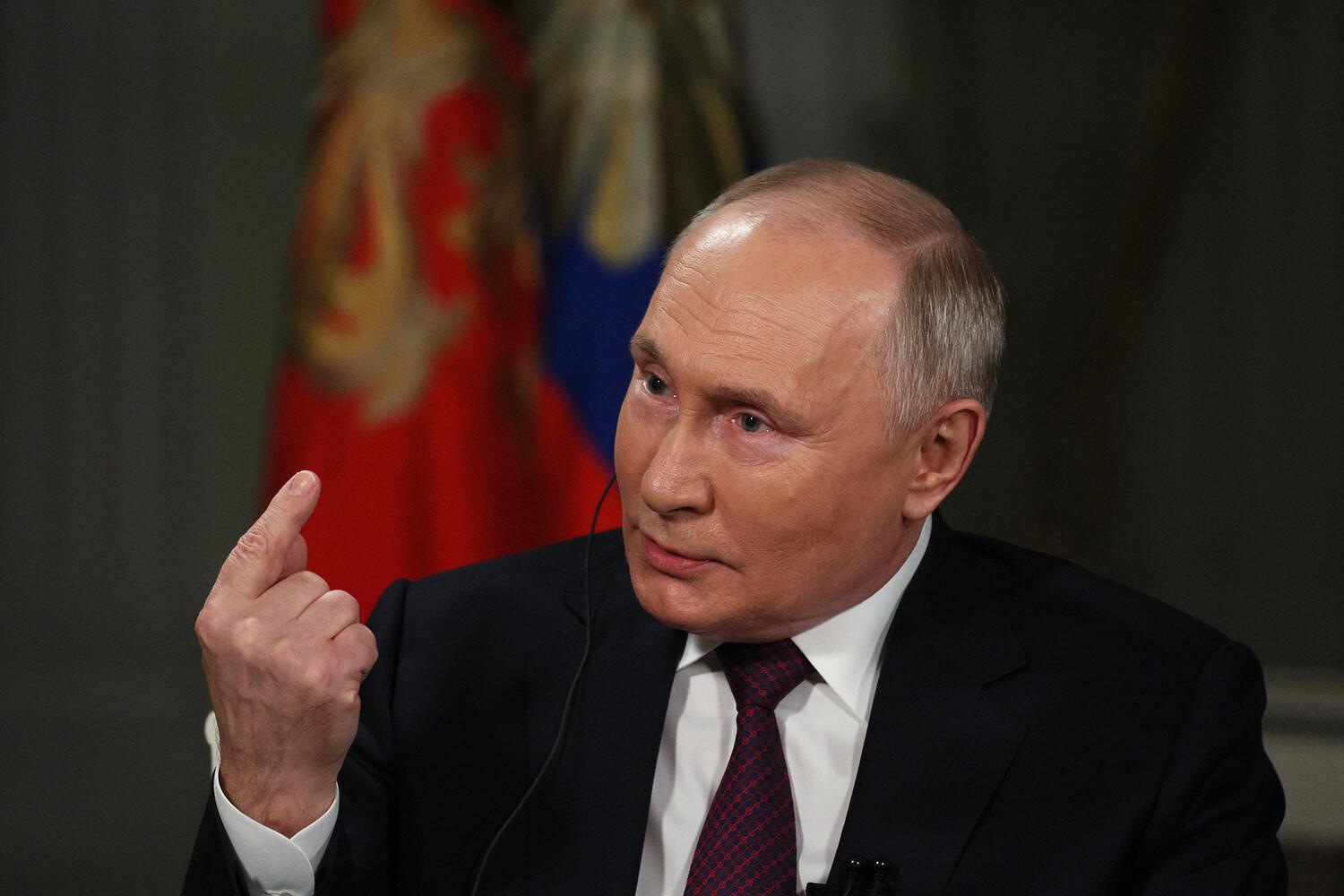
A symptomatic issue is the attitude of part of the Russian-speaking society toward the national republics within Russia itself. Increasingly, phrases like, "Does Dagestan really require a foreign passport?" or "In Chechnya, everything is governed by their own laws — it’s almost another country," are heard. People genuinely feel no cultural, political, or value-based connection with entire regions. This too is a result of the long erosion of a common Russian identity and the dominance of Russianness as the norm.
One of the most alarming manifestations is chauvinism. It has moved beyond marginal groups and penetrated the media, politics, and everyday communication. A typical episode is a video where a young Georgian buys groceries for an elderly Russian woman, provoking aggression from a Russian man who immediately accuses him of "showing off" and recalls the 2008 war. The standardised set of clichés — "we feed them," "we owe them everything," "let them go home" — has become mainstream.
Such stereotypes not only divide people within the country but are also projected outward. As a result, post-Soviet states increasingly see Russia less as a moral leader and more as an empire with a paternalistic and derogatory attitude.
Any social or political turbulence in modern Russia is accompanied by talk blaming Caucasians, Asians, and migrants. After high-profile terrorist attacks or spikes in crime, propaganda offers a simple formula: "It’s them." This not only demonises entire ethnic groups but also serves as a convenient distraction for society from the real causes of internal problems.
The system itself readily exploits this societal reflex, reinforcing xenophobic fears among the masses. This enables support for foreign policies of any scale: from war to diplomatic blackmail. A society accustomed to thinking in terms of an external or ethnically "foreign" enemy is easily mobilised to fight "for a just cause."
A key idea justifying external aggression becomes the myth of a hostile environment: NATO is advancing, the West is destroying traditions, neighbours are betraying. This syndrome, dating back to Soviet times, became especially pronounced in post-Soviet Russia after the symbolic "Primakov plane turnaround" over the Atlantic in 1999, when then-Prime Minister Yevgeny Primakov, upon learning of the start of NATO’s bombing of Yugoslavia, ordered the government plane to return to Moscow. This gesture is still romanticised as a "manly response to betrayal," whereas Russia’s actual policy after it only accelerated its geopolitical isolation.
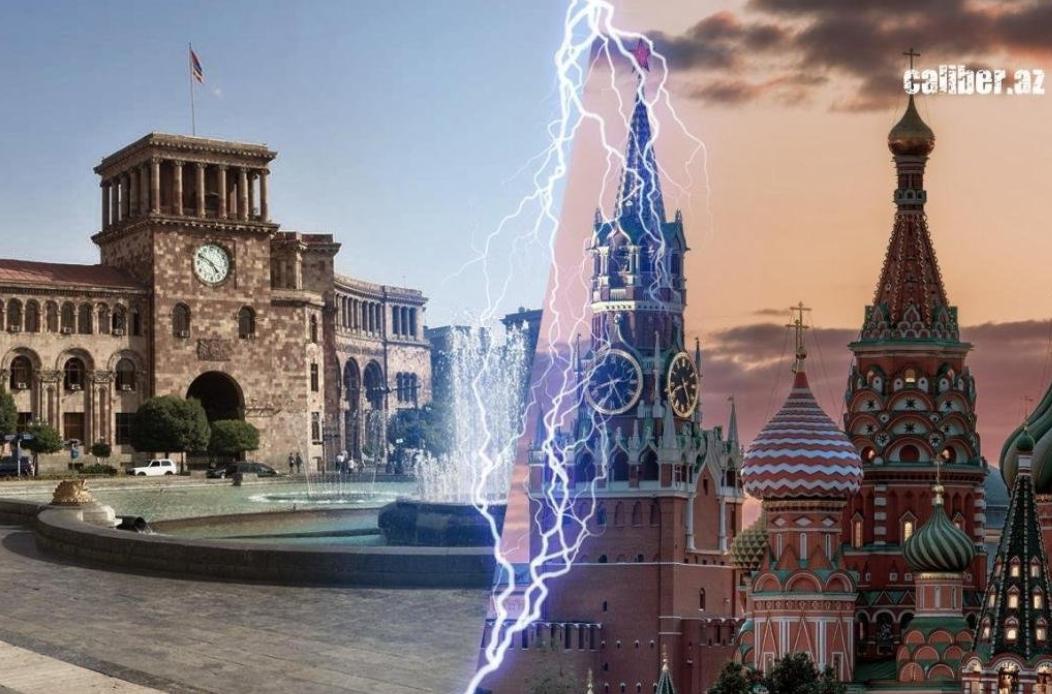
So why are Russia’s neighbours and allies turning away? Armenia and Moldova are increasingly seeking support from the West; Kazakhstan is conspicuously distancing itself from Moscow; even Serbia—a loyal partner—is reconsidering its strategy. The reason is simple: in the eyes of these countries, Russia is losing not just appeal but legitimacy as an equal and respectful partner. Its rhetoric and actions increasingly resemble a 19th-century empire incapable of renewal.
As long as ethnocentrism, chauvinism, and xenophobia continue to rise within the country, building sustainable and trusting relations with the outside world is impossible. Friends do not stay close to those who humiliate them or treat them as “younger siblings.” Respect for one’s own multinational people is another cornerstone of external trust. And until Russia realises this, the number of its friends will continue to approach zero.
It is no secret that many around the world consider the thinker Aleksandr Dugin the "grey cardinal" of the Kremlin — a man who influences the views of the Russian president and at the same time acts as the chief ideologue of the so-called "Russian world." Incidentally, unlike various newly emerged Z-bloggers, Dugin consistently regards Azerbaijan as a friend of Russia.
In one of his recent interviews, Dugin admitted that both he and Vladimir Putin are influenced by the logic of Russian history. Well, let it be so. No one denies that history should indeed have its own philosophy and logic. However, wouldn’t it be better to finally replace the paradigm of imperialism, conviction in a special mission, sacralization of power, and the eternal concept that "the enemy is at the gates" with a paradigm of good neighbourliness, cooperation, and mutual respect?
It is time to understand: true strength is not the ability to destroy, but the ability to create. Not power over others, but power over oneself. Not the cult of the enemy, but the culture of peace. If the logic of history dictates confrontation, then it is time to change not the world — but the very logic itself.
By Samir Guliyev








